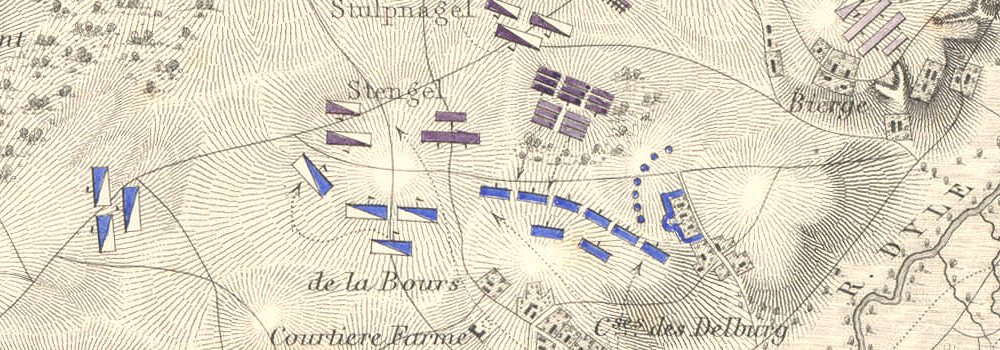Polish-French victory (near malaga)
Lord Blayney vs Franciszek Młokosiewicz
Strength :
3,501 British, 1,000 Spanish
400 Polish, 57 French
Casualties and losses :
british : 40 killed, 70 wounded, 200 captured (part of them also wounded), 5 guns, 300 rifles & muskets, 60,000 rounds of ammunition, 1 gunboat
polish : 20 killed, 100 wounded
On October 14, 1810, the British armada reached the Cala Moral Bay, about two miles southwest from Fuengirola. The British disembarked, and were joined on the beach by a small number of Spanish partisans. Blayney led his force northeast along the shore while his fleet sailed parallel toward Fuengirola. At 2:00 pm they all arrived in front of the castle and the British general sent an emissary to convince the Polish commander to surrender. Młokosiewicz refused and the British ships opened fire.
Despite numerical inferiority, the Poles held out. Sergeant Zakrzewski even managed to sink one of the British gunboats. The remaining gunboats withdrew out of the range of the two lightweight Polish guns. Under the cover of gunfire from his two frigates, Blayney attempted a frontal attack on the castle walls. However, after Major Grant, the commander of 2/89th Regiment of Foot had been killed, Lord Blayney ordered a retreat. Overnight he landed his guns and the British engineers built two artillery emplacements near the castle, from which they planned to destroy the walls. In the meantime, the Polish garrison of Mijas under Lieut. Chełmicki, alarmed by the artillery bombardment, sneaked through the British lines and joined up with the defenders. Bronisz's garrison of Alhaurin was also alarmed and in the early morning of October 15 it marched to Mijas, where it clashed with a 450-strong Spanish-German unit sent there by Blayney and dispersed it in a bayonet charge.
On the morning of October 15 the artillery bombardment became heavy and the British cannons destroyed one of the castle towers. Around 2:00 pm, HMS Rodney and a similar Spanish warship arrived at Fuengirola bringing 932 men of the 1/82nd Regiment of Foot. To counter the threat, Captain Młokosiewicz decided to execute a surprise attack on the enemy artillery positions. Leaving the castle guarded mostly by the wounded, he led the remaining 130 soldiers in a sally. The besiegers were taken by surprise and, despite huge numerical superiority (approximately 10:1), the Spanish regiment protecting the hill artillery redoubt retreated in disorder. The guns were turned away from the castle and the Polish infantrymen started shelling the British positions. Although the artillery fire mostly missed its targets (there were no trained artillery officers in the Polish unit), it made the regrouping of British troops much more difficult.
After about half an hour, Lord Blayney managed to reorganise his troops on the beach and ordered the assault of the artillery emplacement occupied by Polish forces. The outnumbered defenders blew up the gunpowder supplies and withdrew towards the castle. However, before the British and Spanish forces could push any further, they were attacked on their left flank by the Polish garrison of Alhaurin that had just arrived on the battlefield. Approximately 200 rested and well-equipped Poles under Bronisz distracted the British long enough to let the withdrawing Captain Młokosiewicz regroup his force and strike the right flank of the British line. This near-simultaneous attack of Polish units, supported by approximately 30 French cavalrymen from the 21st Dragoon Regiment, surprised the enemy infantry, which soon began to waver. After Lord Blayney was taken prisoner by the Poles,[1] his infantry sounded retreat and started a chaotic re-embarcation under the fire of their own, captured once more, guns.
